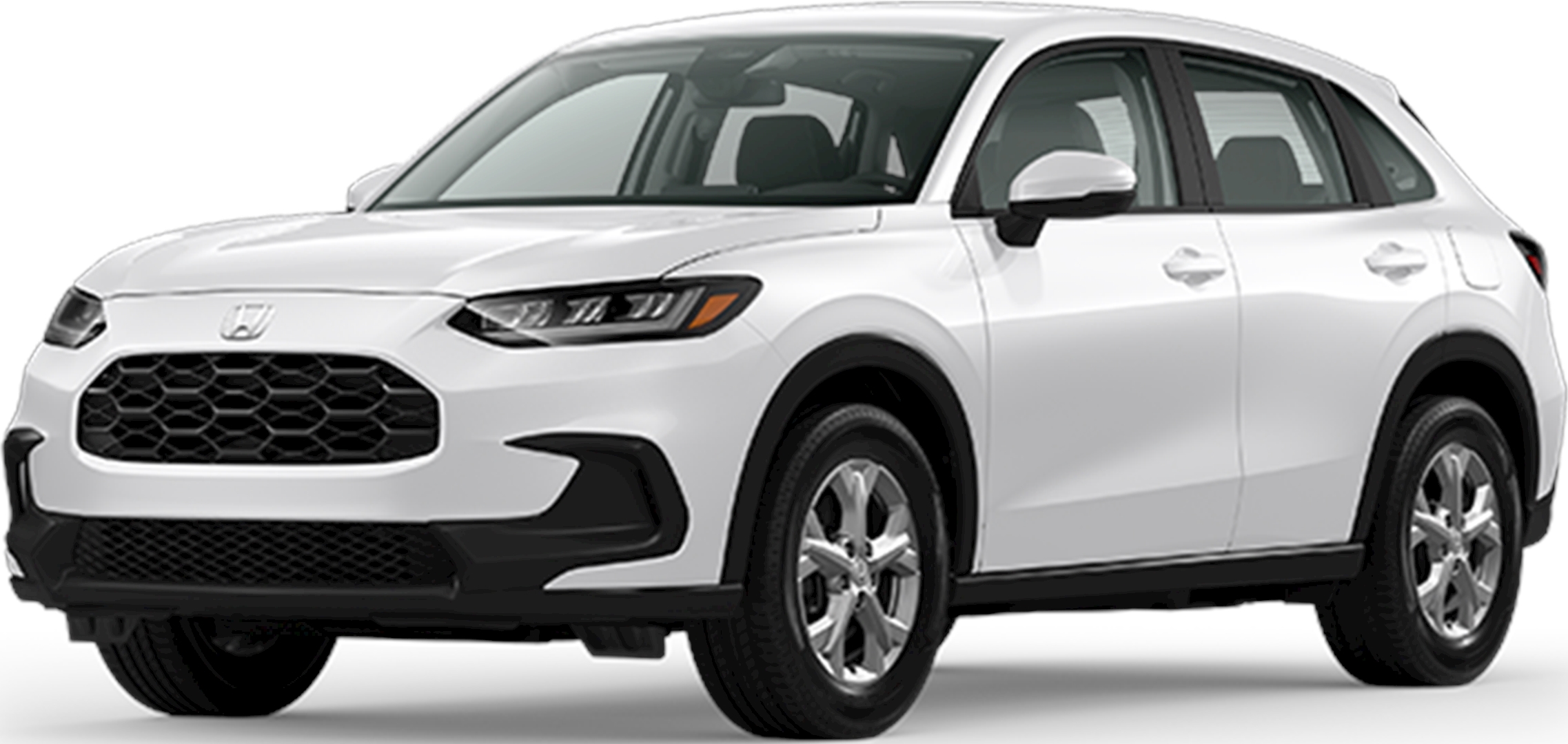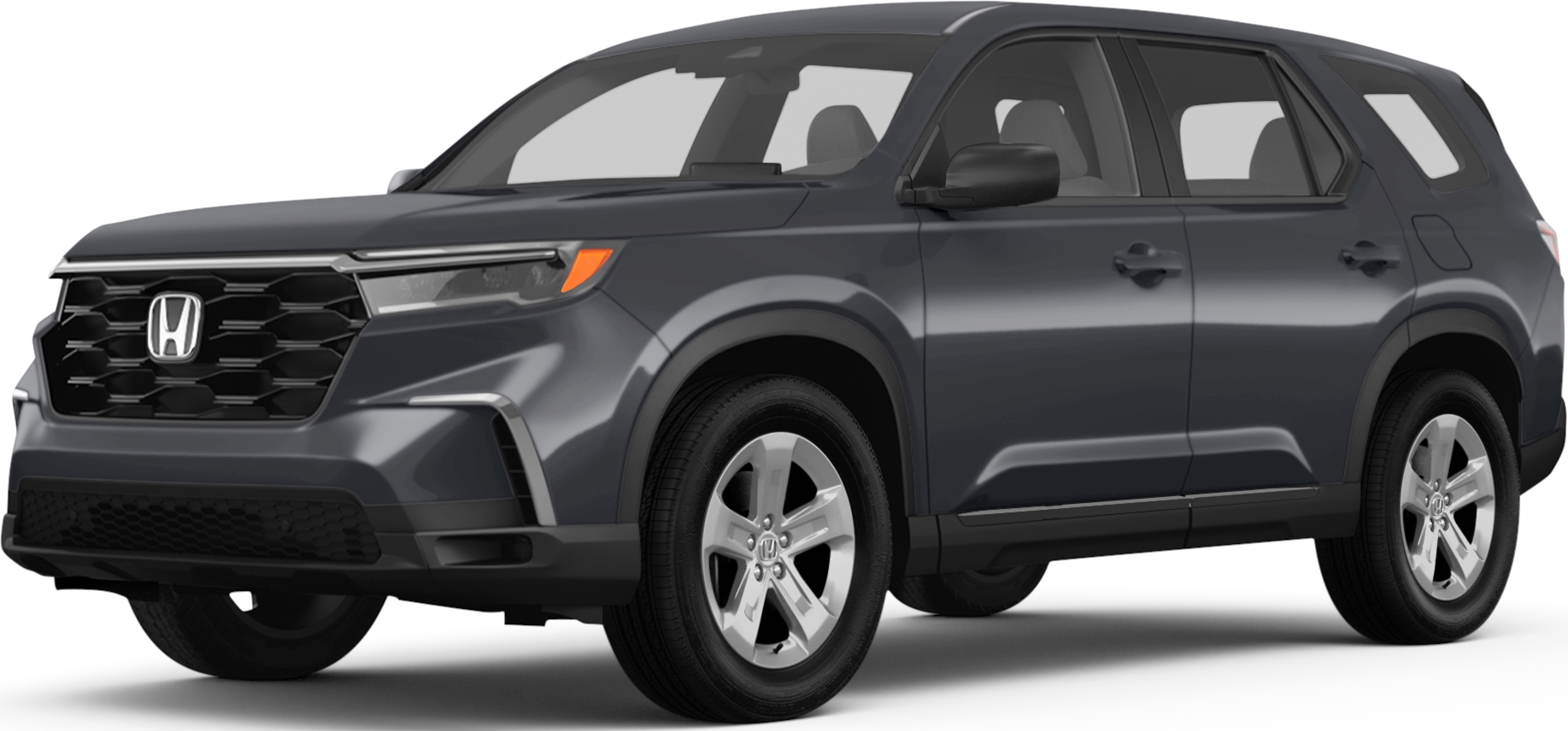5 Ways to Easily Maintain Your Vehicle and Lengthen Its Lifespan
Honda vehicles are well known for their reliability and longevity. But like all vehicles, they need proper care and maintenance to perform at their best. If you want your Honda car to last for a long time, you'll need to take care of it.
Luckily, Honda models typically don't require any special or extensive maintenance plans compared to other auto brands. However, there are a few easy ways to ensure your Honda vehicle remains in top condition. We'll review five ways to maintain your Honda vehicle and lengthen its lifespan.
Change the Oil Regularly
One of the most important aspects of Honda maintenance is regularly changing the oil. Though it may seem like an unimportant task, putting off an oil change or forgetting to change it entirely can harm your car.
What happens when you forget to change your oil? If you go a long time without changing your oil, eventually, the engine will stop running properly. This breakdown happens because the oil will solidify over time, forming a kind of sludge substance. This sludge will not be able to do its job–lubricating the various parts of the engine. After a while, the engine parts will wear down and become damaged due to friction. Additionally, you could encounter other problems with your engine, such as overheating or dirt build-up.
How often does your Honda vehicle need to have an oil change? The timelines vary from model to model, but generally, Honda vehicles can go about 7,000 to 10,000 miles in between changes. However, you should take care to follow the instructions in your owner's manual and observe any maintenance notifications on your car.
Maintain Your Tires
Your tires are an important part of your car. When you don't take care of them, you risk expensive damages to your car, and you'll need to replace them much sooner than you ordinarily would. Plus, when your tires wear out, you risk getting into an accident on the road.
How do you keep your tires in the best shape? You should pay attention to the tire pressure. Keeping your tires at the correct pressure is an important element of Honda maintenance. If the warning light comes on, you should inflate your tires to the recommended amount as soon as possible.
You'll also need to get your tires rotated every so often. In general, you should aim to rotate the tires on your Honda vehicle about every six months or 6,000 to 8,000 miles. What happens if you don't rotate your tires? Your tires will wear down the treads quickly, which means you'll have to replace your tires much sooner than if you had rotated them.



Keep up With Scheduled Service Appointments
Besides getting oil changes and your tires rotated, you should also keep any scheduled service appointments for your Honda vehicle. Professionals will be able to catch problems before they become a big deal. If you put the maintenance of your car on the back burner, it could mean more expensive costs down the road.
The best way to extend the life of your Honda vehicle is to keep up with maintenance and minor repairs. It may not seem important at the moment, but tackling small issues before they become large repairs will save you a lot of time and money. So, be sure to keep all scheduled appointments for your car. If you miss an appointment, you could risk costly repairs in the future.
Get Your Fluids Topped Off
Another critical aspect of Honda maintenance is maintaining the fluids of your vehicle. For your car to run smoothly, you need to have a variety of fluids to make your engine run properly. There are six fluids you should be checking regularly (about monthly) to ensure they are full. If you don't want to do this task, you could also take your car to a dealership or auto shop for this service.
The six fluids that should be checked include engine oil, transmission fluid, engine coolant, brake fluid, power steering fluid, and windshield washer fluid. It's important to check on these fluids, as they are responsible for making your car run efficiently and properly. If for some reason, you don't have the right amount of these fluids, it may cause damage to your engine or transmission. Though you may not need to top off these fluids often, you should still be sure to check them regularly to avoid expensive damage.
Drive Sensibly
One of the most important factors when considering the longevity of your Honda vehicle is your driving habits. If you drive your vehicle harshly, like abruptly stopping and starting often, you'll wear out your car more quickly than normal. In order to best maintain your Honda, you should try to avoid high speeds, sharp turns, and other kinds of reckless driving.
By keeping your speed and driving habits in check, you'll reduce the amount of wear and tear on your engine, which prolongs the lifespan of your car. You can start to create better driving habits by following the posted speed limits, maintaining awareness at all times, and paying attention to road signs and conditions.
Honda maintenance is an essential part of lengthening the lifespan of your car. By following a few simple maintenance tips, you'll be able to enjoy your Honda for a long time. These tips include following recommended oil changes, fluid checks, tire rotations, and other types of appointments. If you're looking to get your Honda vehicle serviced in the Miami area, our dealership offers these types of appointments to keep your car in great condition.